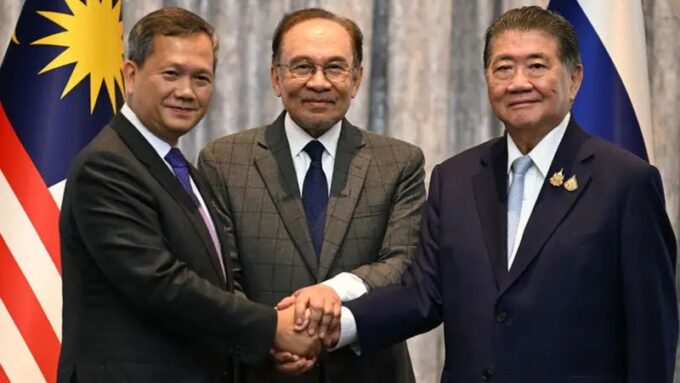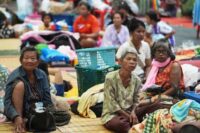News | Events | Digital PR | Advertising

June 12 stands as a pivotal date in Nigeria’s political history, marking a journey from military rule to democratic governance.
On June 12, 1993, Nigeria conducted a presidential election widely regarded as the freest and fairest in its history. Chief Moshood Kashimawo Olawale (M.K.O.) Abiola, representing the Social Democratic Party (SDP), was poised to win against Bashir Tofa of the National Republican Convention (NRC). Unofficial results indicated that Abiola secured a significant majority, reflecting a national consensus across ethnic and religious lines.
Despite the transparent electoral process, the military regime led by General Ibrahim Babangida annulled the election results, citing alleged irregularities. This decision sparked widespread protests and civil unrest, particularly in the southwestern regions. The annulment is considered one of Nigeria’s most significant political crises, threatening national unity and stability.
The annulment galvanized pro-democracy movements and civil society groups, leading to increased pressure on the military regime. In 1994, Abiola declared himself the rightful president, resulting in his arrest and detention. He remained incarcerated until his death in 1998. The sustained advocacy for democratic governance eventually led to the end of military rule and the establishment of the Fourth Republic in 1999.
In recognition of the significance of June 12 and Abiola’s contributions to democracy, the Nigerian government officially designated June 12 as Democracy Day in 2018, replacing the previous date of May 29. This change honors the sacrifices made in the pursuit of democratic ideals and serves as a reminder of the importance of free and fair elections.
June 12 remains a symbol of Nigeria’s resilience and commitment to democratic principles, commemorating the collective efforts that have shaped the nation’s political landscape.
Explore more
8.8 Magnitude Earthquake Strikes Off Russia’s Far East, Triggers Tsunami Alerts in Japan, Hawaii, and California
One of the strongest earthquakes ever recorded struck off Russia’s sparsely populated...
At Least 25 Feared Dead as Boat Capsizes in Niger State, Authorities Confirm
A boat transporting passengers to a market in north-central Nigeria capsized, killing...
At least 33 People Killed In Thailand & Cambodia Amid Clashes
Thailand and Cambodia traded accusations Saturday of fresh attacks as deadly border...
Christian Leaders Visit Gaza Following Deadly Israeli Church Attack
Leaders from the Catholic and Greek Orthodox Church visited Gaza’s only Catholic...












Leave a comment